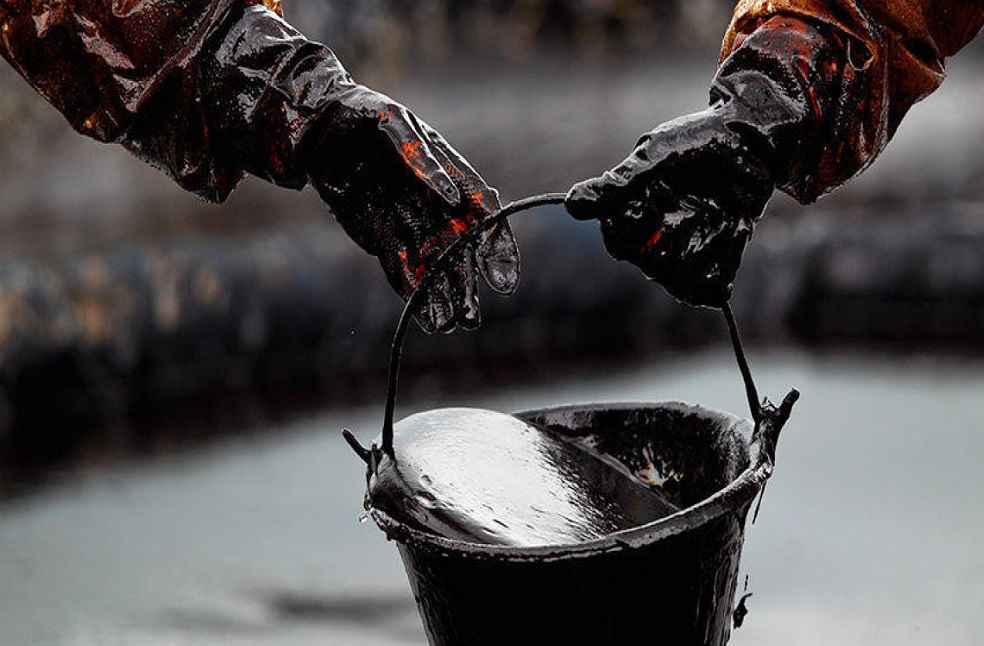A recent United Nations report has exposed Yemen’s Houthi rebel group for allegedly importing oil and gas through falsified documents, bypassing international sanctions and generating substantial revenue. According to findings from a UN Security Council panel, the Houthis may have earned nearly $4 billion over two years through these activities, with fuel shipments arriving at key Red Sea ports under Houthi control.
The report, following an in-depth investigation into Houthi financial practices, highlights evidence that Houthi-controlled companies have imported oil and liquefied petroleum gas (LPG) under false country-of-origin certificates. Between April 2022 and June 2024, customs duties collected at these ports generated approximately 994 billion Yemeni riyals ($4 billion), which the UN suggests were used to support Houthi military operations.

The report reveals that some shipments bypassed the UN Verification and Inspection Mechanism (UNVIM), which usually ensures the lawful entry of commercial goods into Yemen. This evasion was reportedly achieved by switching off vessels’ tracking systems or conducting ship-to-ship transfers. Some Iranian-origin shipments were disguised as originating from the UAE, leading to US-imposed sanctions on two vessels and a network of companies in the Middle East and Asia in August.
In addition to these fuel schemes, the UN panel found evidence suggesting that the Houthis collected unlawful fees from shipping agencies for safe passage through the Red Sea and Gulf of Aden. The attacks have sharply reduced commercial vessel traffic in the region, with shipping routes diverted to avoid the Bab el-Mandeb Strait. The U.S. Energy Information Administration reported that crude oil and petroleum product flows through the strait fell by over 50% in the first eight months of this year due to security concerns.

The report includes threatening messages allegedly sent by Houthis to vessel operators, warning them against entering the Red Sea and Gulf of Aden without prior communication. One message urged compliance, warning of “full responsibility” for non-compliance, claiming retaliation against Israel’s ongoing conflict with Hamas.
The UN panel also indicates that the Houthis have used informal networks like hawala and trade-based money laundering schemes to collect fees, yielding an estimated $180 million in monthly revenue. Additionally, the report cites unverified schemes involving counterfeit telecommunications equipment trades as part of their broader financial operations.
The UN investigation into these practices continues, with further details withheld to protect sources and ensure confidentiality in the ongoing effort to trace the complete supply chain.
ENERGY INDUSTRY | India’s Fuel Exports to EU Surge 58% on Russian Oil Loophole



